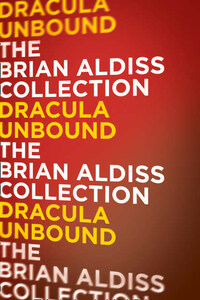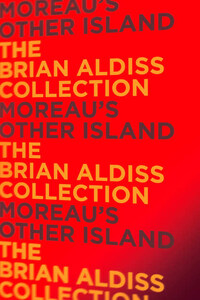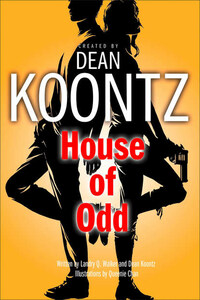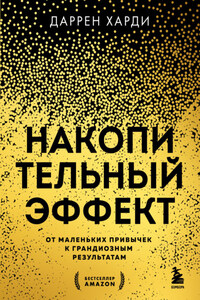âI have to get on that train. Iâm sure it could be done. Itâs no worse than your sky-diving. Leap into the unknown â thatâs what weâre all about, darling!â
âOh shit,â she said.
And occasionally that is what a writer asks of his reader: take a leap into the unknown.
Bram Stoker was a man of the theatre, but he also wrote Dracula, a book never to be excelled in horror. I had already written of Frankenstein when, one fine morning on Boars Hill â the place we lived when the children and our cats were young â I realised: here was a pair. Frankenstein and Dracula. So I sat down at my desk and switched on my computer . . .
A lot of weight goes into what one might consider an over-ambitious thriller. Well, I have nothing against these considerations, or against thrillers. And Iâm definitely on the side of over-ambition.
As proof of the latter, I went to Chelsea in London to inspect the famous Bram Stokerâs house. But for the purposes of my story, I removed it to my house on Boars Hill, a mile or so outside Oxford. Just to make it creepier.
Just for fun.
Dracula Unbound is a frivolous book in some aspects, but at its core is a serious consideration. For countless centuries, humankind considered Earth to be the centre of the universe: solid, immoveable, and indeed named after its most basic feature, the ground on which we walk. We still have no other, no better, name for it. Earth. (How about Hyperdrome?)
It was only in the year 1610 A.D. that everything changed. The astronomer Galileo Galilei had a telescope; he developed and improved its lenses and trained it on the great planet Jupiter. There he espied what came to be known as the Medicean stars â âfour planets never seen from the beginning of the world right up to our dayâ â in orbit about Jupiter. These are the bodies we now know as Io, Europa, Callisto, and Ganymede. Each has been visited in its turn by science fiction writers.
From that date on, only the deluded could believe in Earthâs centrality within the universe. Galileo wrote of his amazing discoveries in a book known in English as The Starry Messenger (Sidereus Nuncius). A copy of the book was sent at once to the English king, James the First. More importantly, the celebrated mathematician John Kepler also received a copy, and wrote that he at once accepted these discoveries: âWhy should I not believe a most learned mathematician?â he exclaimed.
Later, Kepler wrote The Dream (Somnium). Part of the purpose of his story was to describe what practicing astronomy would be like from the perspective of the Moon, to show the feasibility of a non-geocentric system. Some therefore regard Kepler as the first science fiction writer.
Galileo was warmly received by the ruling Medicis. But as the world changed about him, his personal world also changed. An account of some of these remarkable events is contained in a book by Dava Sobel, entitled Galileoâs Daughter. (Happily, I resemble Galileo in at least one respect: I too have a loving, brilliant and supportive daughter.) Through his eldest daughter Maria Celeste we learn something of Galileo and of life as it was before the dawn of the Renaissance. As a result of this remarkable period and what followed, we now see ourselves adrift in a solar system which forms just a minor part of the galaxy.
In my story, Van Helsing says of Bram Stoker, âHe regards himself as discovering the secret of the universe, which of course he is about to reveal. You can never trust a man who thinks he knows the secret of the universe.â
Brian Aldiss
Oxford, 2013
Gondwana Ranch
Texas 75042
USA
18 August 1999
Dearest Mina,
Soon weâll be living in a new century. Perhaps there we shall discover ill-defined states of mind, at present unknown. You, who have returned from the dead, will be better able to face them than I.
For my own part, I am better prepared than I was to acknowledge that many people spend periods of their lives in more unusual mental states â not neurotic or psychotic â than science is at present inclined to allow. I also know those nameless psychic states valued by many rebels of society. They are not for me. In the account that follows â in which we both feature â thereâs terror, horror, wonder, and something that has no name. A kind of nostalgia for what has never been experienced.
Did all this happen? Was I mad? Did you pass through those dreadful gates at the end of life? I still see, with shut eyes but acute mental vision, those unhallowed things that appeared. And I believe that I would rather be mad than that they should run loose on the world.
Have patience and hope. We still have a long way to go together, dearest.














